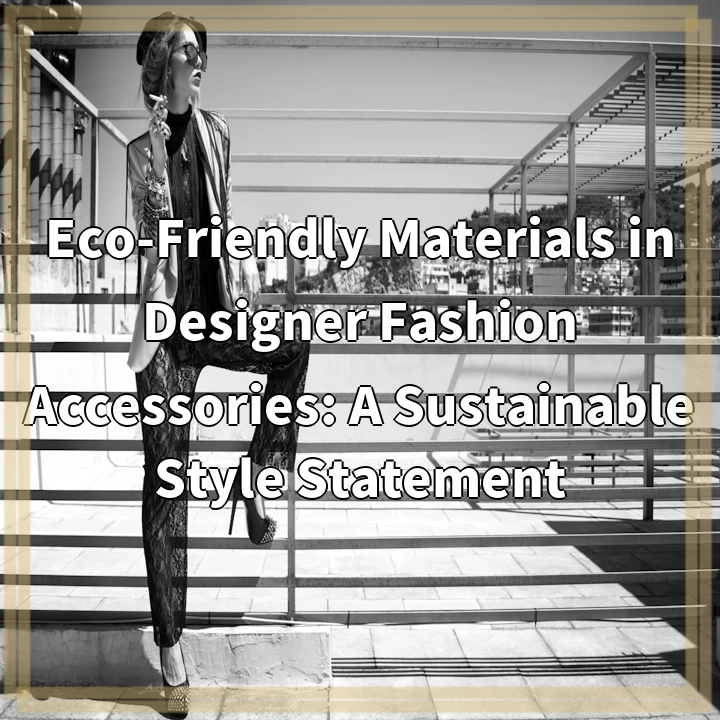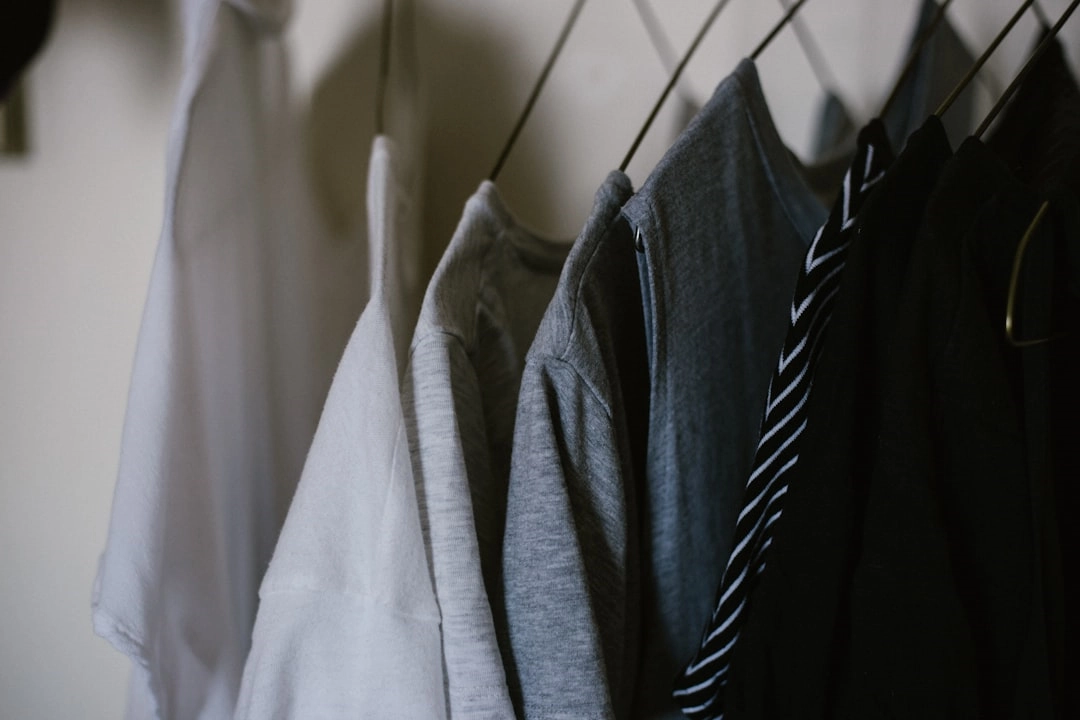
What it is:
Eco-Friendly Materials in Designer Fashion Accessories: A Sustainable Style Statement
The fashion industry has long been criticized for its negative environmental impact. However, a growing movement towards sustainability and ethical fashion has given rise to the use of eco-friendly materials in designer fashion accessories. As consumers become more conscious of their impact on the planet, they are seeking out stylish yet sustainable options that align with their values.
In this blog post, we will explore the concept of eco-friendly materials in designer fashion accessories. We will delve into the various materials used, such as organic textiles, recycled fabrics, and vegan alternatives. By understanding the characteristics and benefits of these materials, we can make informed choices that promote a more sustainable and compassionate fashion industry.
Real-World Problems:
The fashion industry is known for its significant environmental footprint, which includes pollution, water consumption, and waste generation. Traditional materials, such as non-organic cotton and synthetic fabrics like polyester, contribute to these problems.
Non-organic cotton production relies heavily on pesticides, which harm the environment and human health. These chemicals contaminate soil and water sources, affecting ecosystems and communities in surrounding areas. Additionally, synthetic fabrics like polyester are derived from non-renewable resources and have a high carbon footprint.
Another issue is the extensive use of animal-derived materials such as leather, fur, and exotic skins in designer fashion accessories. These materials often involve cruel and unsustainable practices, including intensive farming, habitat destruction, and the release of toxic chemicals during manufacturing.
These real-world problems highlight the need for more sustainable approaches within the fashion industry. By incorporating eco-friendly materials in designer fashion accessories, we can address these issues and work towards a more environmentally conscious and ethical fashion sector.

Solutions:
Eco-Friendly Materials in Designer Fashion Accessories: A Sustainable Style Statement
To combat the environmental problems associated with traditional fashion materials, the use of eco-friendly materials in designer fashion accessories offers several sustainable solutions. By incorporating these materials, designers can create fashionable accessories that leave a smaller ecological footprint.
1. Organic Textiles:
Organic textiles, such as organic cotton, hemp, and linen, are grown without the use of harmful pesticides or synthetic fertilizers. By choosing clothing and accessories made from these materials, we can reduce the environmental impact associated with conventional farming practices.
2. Recycled Fabrics:
Recycled fabrics, made from post-consumer waste or pre-consumer production scraps, help divert textiles from landfills. These materials include recycled polyester, recycled nylon, and even upcycled materials like reclaimed leather. By utilizing recycled fabrics, we conserve resources and reduce the need for new raw materials.
3. Vegan Alternatives:
Vegan alternatives offer a cruelty-free and sustainable option for designer fashion accessories. These materials imitate the look and feel of animal-derived materials without causing harm to animals or the environment. Examples of vegan alternatives include plant-based leathers like Piñatex, made from pineapple fibers, and mushroom leather, derived from mycelium.
4. Closed-Loop Manufacturing:
Closed-loop manufacturing processes aim to minimize waste by recycling and reusing materials. This includes techniques like waterless dyeing, where minimal water is used during the coloring process, and garment recycling programs, where old products are transformed into new items. By embracing closed-loop manufacturing practices, the fashion industry can reduce resource depletion and waste generation.
Overall, incorporating eco-friendly materials in designer fashion accessories provides a sustainable solution to the environmental problems associated with traditional materials. By supporting brands that prioritize these alternatives and making conscious choices as consumers, we can contribute to a more sustainable and ethical fashion industry.















